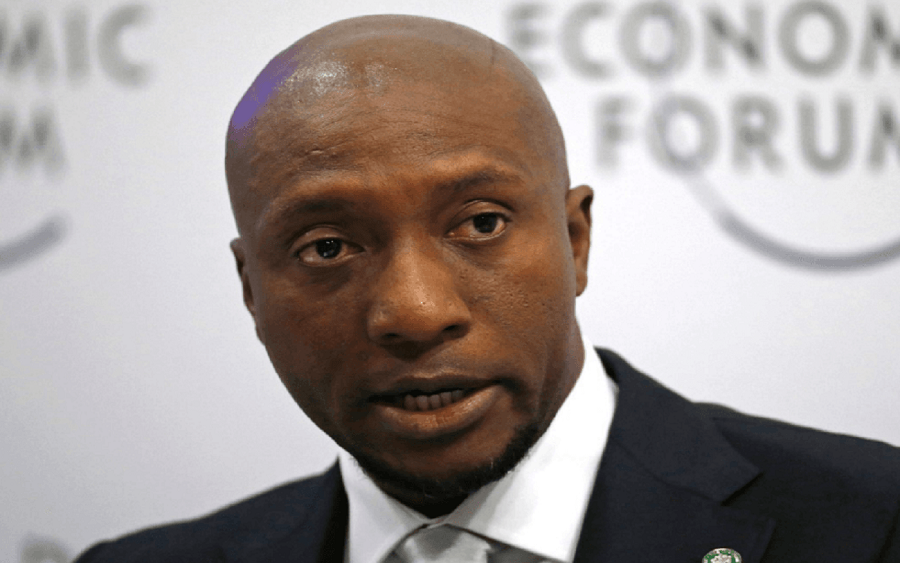The Chief Executive Officer of the Nigerian Stock Exchange (NSE), Mr. Oscar Onyema has revealed how various initiatives and policies of CBN prevented the Nigerian economy from major setbacks before, during, and after the peak of the COVID-19 pandemic.
Speaking recently in a conference organized by the NSE, Mr. Onyema revealed that the Nigerian economy, like every other economy was severely hit by the impact of the pandemic, which was evident by the volatility in different markets. Therefore, in response to these harsh economic consequences, the CBN designed a lot of policies to help mitigate the effect of the pandemic.
Commenting further, he opined that investors are generally reacting to policy changes as economies open up and world economies enter a recovery mode. Some of the policy changes he referred to, include; CBN policy that domestic institutional investors should stop participating in the OMO market. This policy has driven significant funds into the Nigerian Treasury Bills market, some of the funds have also trickled down to the equity market.
Cut in interest rate: This policy is a significant move in support of equities as an “asset class” because most investors are driven by yield. Due to the fact that the Nigerian economy has shifted into a negative real interest rate environment, these types of cuts will tilt investment preference to assets class that will generate higher yields and returns.
(READ MORE: Despite billions on agriculture, food inflation up by 108% since 2015)
What they are saying
Mr. Oscar noted that: “Given the record dividend yields that are available in the Nigerian market and given a strong fundamental of a number of companies listed on the Nigerian Stock Exchange, it makes sense, as investors try to balance, and rebalance their portfolios that they will look at equities.”
Mr. Onyema concluded by stating that, there were also some fiscal policies that are supportive of the market. He appreciated the Central Bank of Nigeria governor for his leadership in tackling the pandemic and taking adequate measures.
Why this matters
Recall that IMF predicted that Nigeria’s economy as measured by GDP will decline by 5.4% due to the impact of the pandemic, up from 3.4% it had earlier predicted. This decline is most likely to widen the inequality accompanied by other harsh socio-economic consequences. Hence, the justification for the combinations of fiscal and monetary policy mix adopted to mitigate the effects of the pandemic.
Backstory
Nairametrics had earlier reported CBN’s initial policy response to COVID-19 ranging, from granting of a further moratorium of one year on all principal repayments to the reduction of interest rates, the establishment of N500 billion targeted credit facilities among others.













